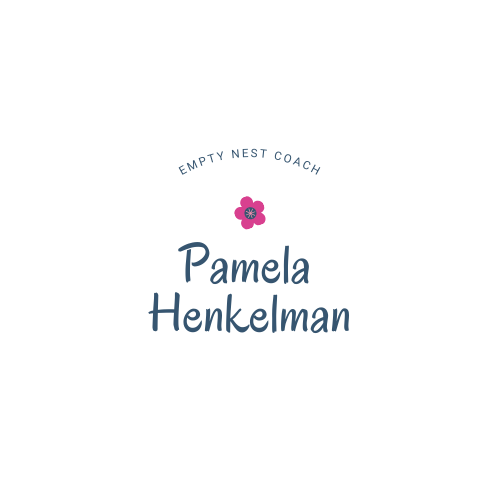“Just say a simple, ‘Yes, I will,’ or ‘No, I won’t.’ Anything beyond this is from the evil one.” Matthew 5:37 NLT
Heavy Burdens
I listened to Jenny (not her real name) talk about her 30 year old daughter. Compassion oozed from her eyes but so did weariness. “My daughter’s really struggling now, and she needs me so I spend a lot of time listening to her. I spent a couple hours on the phone with her last night,” she said. “How did that make you feel?" I asked. She glanced down and with a sad sigh, said. “I’m exhausted. I can’t do it anymore. It wears me out, and I can’t sleep and I obsess about how she’s doing. I have no time for myself because I spend all my time thinking about her.”
My heart went out to her and I said, “Jenny, how would you like it to be different?” “I would love to not feel so bogged down by her troubles,” I smiled and said, “Aw, Jenny, your heart is in the right place, but let’s talk about boundaries. Are you responsible to fix everything for your daughter?”
Jenny looked down and sheepishly said, “Probably not, but I don’t know how to stop ‘momming’.” “Goodness, Jenny,” I smiled, “I want you to know that you actually have permission to stop ‘momming’ the way you always did, now that your kids are independent adults.” Relief flooded her expression and she said, “Please show me how.”
How about you? Have you ever felt emotionally overwhelmed by your adult child’s issues, stuck knowing what to do with it? What if there were a way to support your child, without losing yourself completely?
What is a Boundary?
Mental health professionals use the term boundaries. According to TherapistAid.com, “Boundaries are the limits and rules we set for ourselves within relationships. A person with healthy boundaries can say “no” to others when they want to, but they are also comfortable opening themselves up to intimacy and close relationships.”
Boundaries help us understand what we’re responsible for and what others are responsible for. Imagine a boundary as a fence, with a gate that you can open and close. It’s not rigid; there’s flexibility for movement. But that fence helps us know we’re responsible for our part of the property and other people are responsible for the other side of the barrier.
Boundaries are about telling our adult children what we need. For example, in the story above, Jenny could lovingly say, “I’m here to support you, but I don’t have the capacity for two hour conversations after my work day. I’m free to listen for 30 minutes on Thursdays. What can you do to carry your own emotional load?”
Read More























